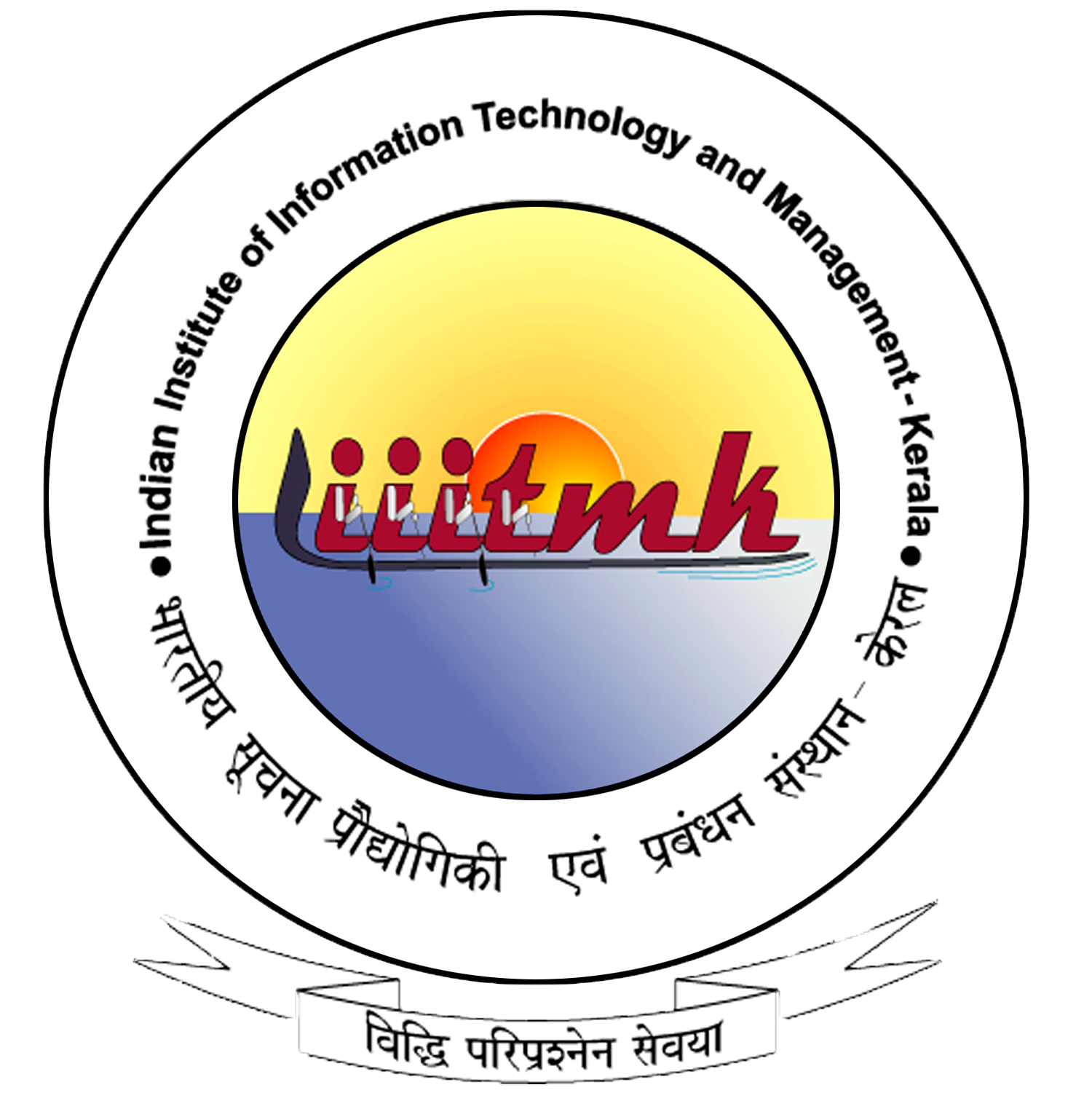Symposium on Recent Advances in Computational Social Science (SoRiCS'19)
- Algorithmic Bias and Discrimination
- Algorithms and Protocols Inspired by Human Societies
- Archaeological Modelling
- Behavioural Computational Social Science
- Collective Intelligence and Social Cognition
- Computational Social Psychology
- Computational Social Science and Discourse Analysis
- Computational Social Science of Disasters
- Credibility of Online Content
- Cultural Patterns and Dynamics
- Ethics in Computational Social Science
- GIS and Spatial Analysis for the Social Sciences
- Inclusivity in Computational Social Science
- Integrated Human-Machine Decision-Making
- Language Communities, Corpora, and Cognition
- Large-Scale Social Experiments
- Machine Learning and Data Mining for Social Systems
- Modelling Cultural Shift, Demography, Economy and Transport
- Natural Language Processing for Computational Social Science
- Network Analysis of Social Systems
- Participatory Social Sensing
- Population Spread and Cultural Transmission
- Prediction and Explanation in Social Systems
- Quantifying Offline Phenomena through Online Data
- Rich Representations of Social Ties
- Security, Privacy, Trust, Reputation and Incentive Issues
- Sequence Analysis and Visual Sociology
- Simulating Ancient Societies/Societal Change
- Simulation of Social Processes
- Social Influence and Social Contagion
- Social Information and Communication Dynamics
- Social Interaction in Augmented Reality
- Social News Curation and Collaborative Filtering
- Social System Design and Architectures
- Socio-Economic Systems and Applications
- Text Analysis and Natural Language Processing of Social Phenomena
- Theoretical Discussions in Computational Social Science
Acceptance Notification: September 25, 2019
Final Paper Deadline: October 25, 2019
Thomas Ågotnes, University of Bergen, Norway
Vladimir Barash, Graphika, Inc., USA
Pritam Gundecha, IBM, USA
Georgios Lappas, University of Western Macedonia, Greece
Jaime Lloret, Universitat Politecnica de Valencia, Spain
Ahmed Mobashsher, The University of Queensland, Australia
Bongkyo Moon, Dongguk University, Korea
Luca Pappalardo, University of Pisa, Italy
Grienggrai Rajchakit, Maejo University, Thailand
Priya Ranjan, Amity University, India
Marie Therese Saliba, Lebanese University, Lebanon
Shirin Shafiei Ebrahimi, University Technology of Malaysia, Malaysia
Amando Singun, Higher College of Technology, Muscat, Oman
Gunasekar Thangarasu, Linton University College, Malaysia
Jie Wang, University of Massachusetts, USA





